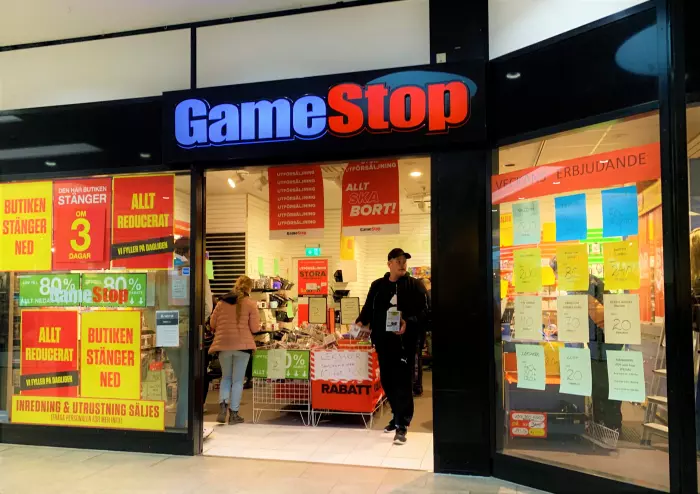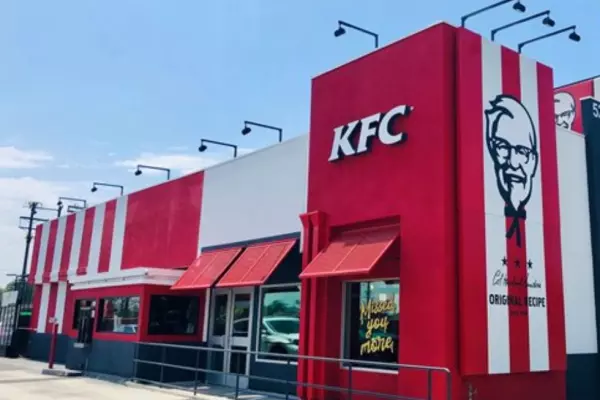Kiwi retail investment platforms were forced to suspend trading in a handful of stocks overnight after their US broker pulled the plug on frenzied trading.
Brokerage firm DriveWealth said it would not take buy orders for AMC Entertainment Holdings and Gamestop Corporation during trading on Wednesday night, due to increased capital requirements set by its clearing house.
Investment platforms Sharesies, Stake and Hatch all route their US share trading through the broking firm and were unable to offer the popular stocks to users.
Sharesies said any pending buy orders will be cancelled and only sell orders will be accepted.
“This is not a decision made by Sharesies. When we can provide access to buy these investments again, we will,” community manager Kanna Yamasaki said in a statement.
The same statement posted on Facebook received a wave of angry comments inaccurately accusing the Kiwi platform of manipulating the market in favour of Wall Street short sellers.
Shares in GameStop dropped 57 percent to US$97.06 overnight, down from a high of US$470 last Thursday. AMC shares also fell 40 percent to just below US$8.
Chief executive of DriveWealth, Robert Cortright, took to LinkedIn to defend his decision, saying his hand had been forced by US regulators who were trying to calm the dysfunctional market.
“When the NSCC decides to raise margin premiums by 250 percent to support certain securities eventually it becomes economically unfeasible. We did our best to hang in there, but these penalties are not sustainable,” he wrote in a comment.
National Securities Clearing Corporation (NSCC) is a clearing house that provides behind-the-scenes settlement of stock trades. It is regulated by the US Securities and Exchange Commission.
Understanding the plumbing
While user-friendly trading platforms appear very simple, they sit on top of a complicated financial system that can go awry. Most users are unaware of the market plumbing until it breaks.
When a stock is traded, it takes two days for the cash to go from the broker to the clearing house. This is known as T+2 settlement. To smooth the process, a clearing house requires the broker to provide a cash float to ensure it has enough funds to complete settlements.
This is usually about 10 or 15 percent of a securities' value, but it can increase when stocks are volatile as it raises the credit risk. The clearing house is now asking for a 250 percent deposit for heavily traded stocks such as AMC and Gamestop.
With GameStop shares last priced at US$97, a broker would have to temporarily front up with US$242 for each share traded –– despite the buyer only paying them the face value.
DriveWealth, as well as other smaller brokers such as Robin Hood, have struggled to fund the capital risk that comes with stumping up large sums of cash on speculative stocks.
“When paired with increased trade volumes as has recently been the case, many brokers have understandably not had the balance sheet flexibility to cater to the new requirements,” Stake said in an explainer to users.
Chris Smith, general manager of CMC Markets NZ, said the stocks could be bought and sold on his platform, although they were not able to short the stock and margin costs had been increased.
The more sophisticated trading platform, which offers higher-risk options trading, has seen a rush of new users following the GameStop frenzy.
Smith said new users had been signing up at the same record rate as during the pandemic crash last March, when history-making financial news prompted huge interest in share trading.














